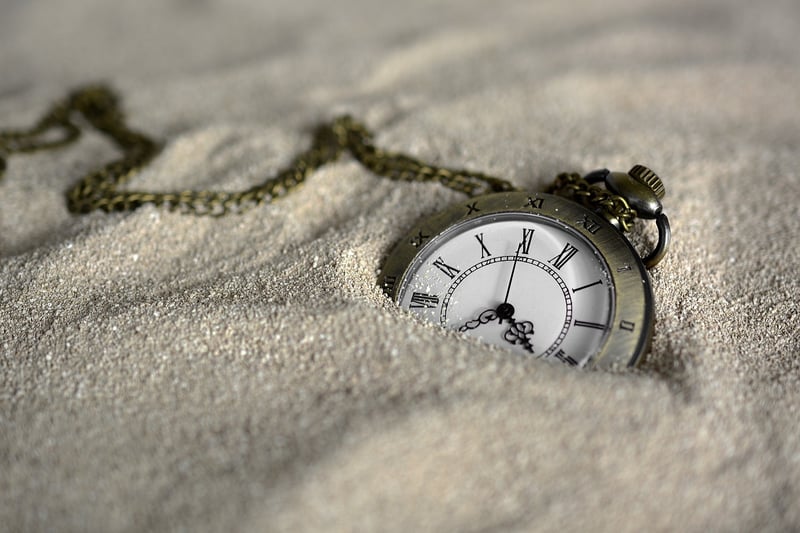Altering History Dangers
The Complexities of Time and the Dangers of Altering History
Time, a concept that has fascinated humanity for centuries, is a complex and mysterious force that governs our lives in ways we are only beginning to understand. From the ticking of seconds on a clock to the grand movements of celestial bodies, time shapes our reality in profound ways. However, with this complexity comes a great danger - the temptation to alter history.
The Nature of Time
Time is not just a linear progression of events but a multi-dimensional entity that can be influenced by numerous factors. The concept of time dilation, as described by Einstein's theory of relativity, illustrates how time can be warped by gravity and velocity. This means that time is not fixed and can vary depending on the conditions present.
The Butterfly Effect
One of the most popular theories related to altering history is the butterfly effect. This concept suggests that a small change in the past, like the flapping of a butterfly's wings, can have far-reaching consequences in the future. This highlights the delicate balance of cause and effect in the timeline of events.
The Dangers of Altering History
While the idea of changing the past may seem alluring, it comes with significant dangers. Altering historical events can lead to unintended consequences, creating paradoxes and alternate timelines that could have catastrophic effects on the present and future.
1. Paradoxes
Changing a single event in the past could create paradoxes that defy logic. The classic example is the grandfather paradox, where a time traveler goes back in time and prevents their grandfather from meeting their grandmother, thus erasing their own existence. This paradox raises questions about the stability of the timeline.
2. Alternate Realities
Altering history could also result in the creation of alternate realities or parallel universes. These divergent timelines can lead to a myriad of possibilities, some of which may be unstable or hostile to our own existence.
3. Ethical Considerations
There are also ethical considerations to take into account when contemplating changing history. Who decides which events should be altered? What are the moral implications of manipulating the course of past events for personal gain or ideological reasons?
Conclusion
While the idea of altering history may be appealing, the dangers and complexities involved should give us pause. Time is a fragile and intricate fabric that weaves together the past, present, and future. By understanding and respecting the nature of time, we can navigate its complexities with caution and humility.

